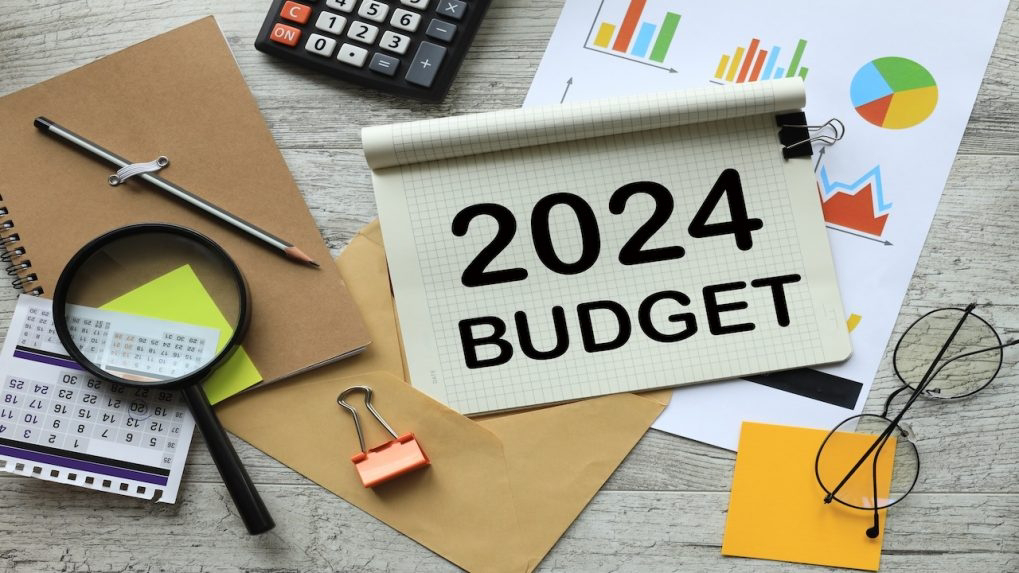Economic Context and Priorities:
India's economy is projected to grow at a robust 7% in 2024-25, making it the fastest-growing major economy globally. However, challenges like job creation, inflation control, and fiscal consolidation remain crucial concerns.
The budget is expected to focus on:
Boosting infrastructure spending:
With the aim of enhancing connectivity and spurring economic activity, increased allocation for infrastructure development, particularly in areas like roads, highways, railways, and digital infrastructure, is anticipated.
Supporting job creation:
Skilling initiatives, micro, small, and medium enterprises (MSME) growth, and rural development programs are likely to be emphasized to address unemployment concerns and foster inclusive growth.
Fiscal consolidation:
Maintaining a sustainable fiscal deficit while ensuring adequate spending on social welfare programs will be a delicate balancing act. The government may look at rationalizing subsidies, optimizing tax collections, and encouraging private participation in public infrastructure projects.
Green initiatives:
With India's ambitious climate goals, the budget is expected to promote renewable energy, electric mobility, and sustainable agriculture practices.
Sectoral Expectations:
Education: Increased funding for public education, scholarships, and skill development programs are anticipated. Focus on STEM education and digital literacy could be prioritized.
Healthcare: Expanding access to affordable healthcare, particularly in rural areas, through strengthened public health infrastructure and insurance schemes is likely.
griculture: Measures to improve farmer incomes, promote irrigation and water management, and support agritech adoption are expected.
Defense: Strengthening national security with increased allocation for modernization of equipment and research & development in cutting-edge technologies is on the cards.
Social welfare: Continued support for programs like MNREGA and other social safety nets aimed at vulnerable sections of society is vital.
Potential Outcomes and Implications:
Enhanced infrastructure spending: Increased investments in infrastructure can boost economic activity, create jobs, and improve connectivity, leading to overall economic growth.
Job creation: Skilling initiatives and MSME support can foster entrepreneurship and generate employment opportunities, particularly for the youth.
Fiscal consolidation: A balanced approach towards managing fiscal deficit would ensure long-term economic stability and attract foreign investments.
Green initiatives: Investments in renewable energy and sustainable practices can combat climate change and create new green jobs.
Social welfare: Continued focus on social programs can alleviate poverty, improve healthcare access, and empower vulnerable communities.
Challenges and Uncertainties:
Geopolitical tensions: Global conflicts and uncertainties can disrupt global trade and impact commodity prices, posing challenges for economic stability.
Inflation control: Rising inflation remains a concern, and the budget needs to address it without hindering economic growth.
Political landscape: The upcoming general elections may influence policy decisions and budget allocations.
Conclusion:
The 2024-2025 budget will be a crucial stepping stone for India's economic trajectory. Carefully crafted policies focusing on infrastructure, job creation, fiscal prudence, and sustainable development can unlock India's immense potential and propel it towards becoming a global economic powerhouse. While challenges and uncertainties remain, the budget holds the key to a brighter future for all Indians.


